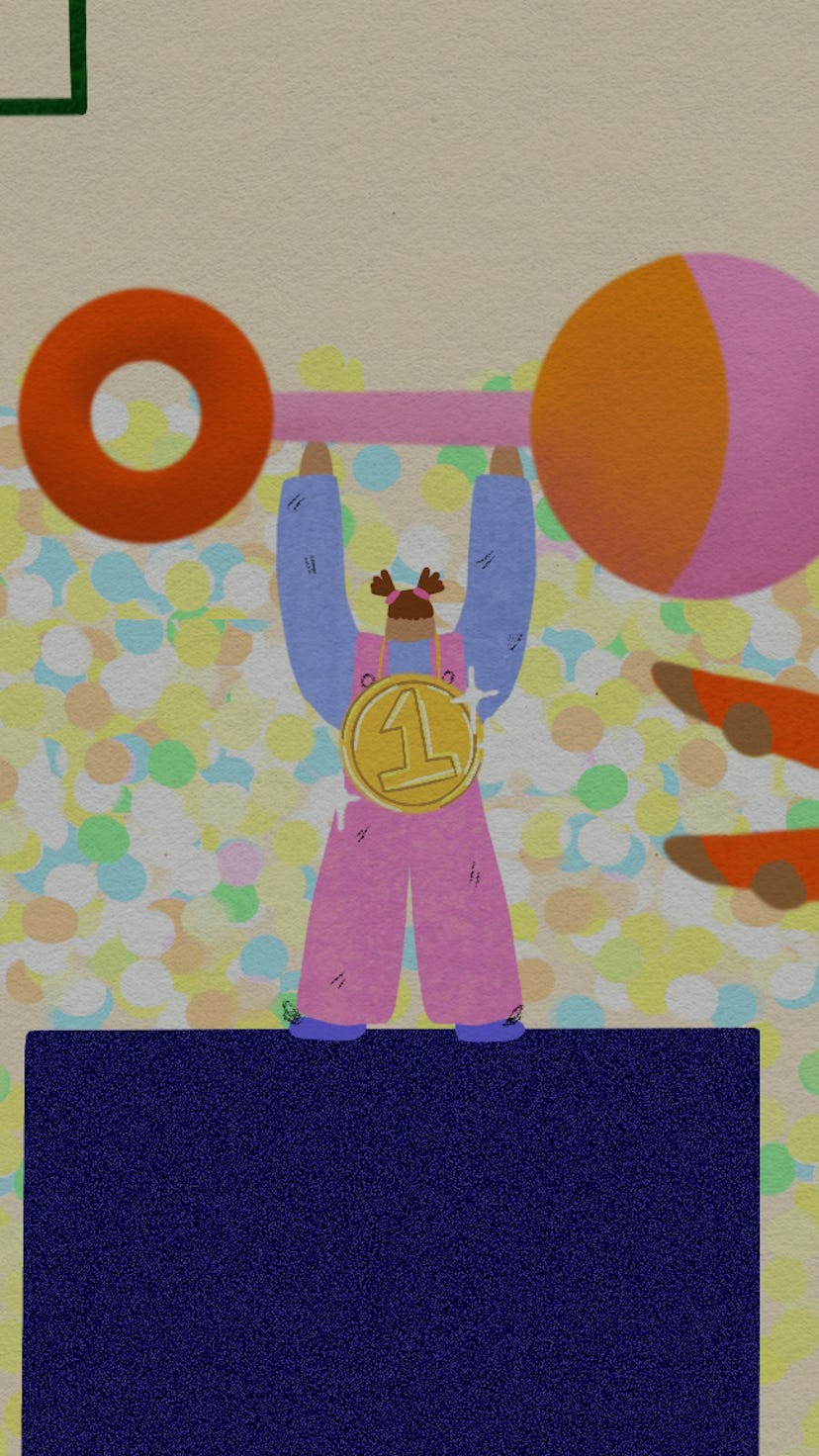America is obsessed with young prodigies — until they stop being superhuman
When we glorify “30 Under 30” honorees and young Olympians, we’re doing more harm than good.

When I was 14 years old, I moved from the suburbs of Philadelphia to Buffalo, New York, in the middle of the school year. That relocation wound up having an unexpected effect. Due to a scheduling quirk at my first high school, my second high school bumped me up a grade, condensing my freshman and sophomore years into a single school year. As a result, I entered an accelerated timeline: I graduated high school at 16, collected my diploma from Columbia University at 20, and had my first full-time job before I could legally drink.
For a long time, I was incredibly proud of this distinction. It felt like it put me in an elite league of young achievers; like it offered concrete proof that I was talented, gifted, and smart. But a few decades later, as I’m on the verge of 40, I find myself wondering whether my early achievement came at a cost — and what other young people might lose when they’re pressured to achieve at an early age.
Our culture tends to glorify people who rack up accomplishments while they’re still young. On television, shows like Doogie Howser, MD — recently rebooted as Doogie Kamealoha, MD — present teenage doctors as aspirational. In real life, we routinely celebrate prodigies like Mark Zuckerberg, who famously founded Facebook when he was just 19, and journalist Ronan Farrow, who at 15 years old was the youngest person to ever graduate from Bard (he earned his law degree when he was just 22), for their rapid acceleration into the professional space. Forbes’s famous “30 Under 30” list coaches us to see our twenties as the prime time for professional milestones. And then there’s the Olympics, where entire sports seem set up to age competitors out by the time they’re exiting their teens.
We’re all too happy to champion young people when they’re making history or racking up medals. But few of us seem prepared to reckon with the dark side of all this precocious achievement. Young people may have the ability to rival adults when it comes to academic accomplishments, professional ingenuity, and athletic performance. But mentally and emotionally, they’re still basically kids. Accelerating their achievements doesn’t tend to result in a proportionately accelerated maturity level or emotional state.
Childhood and adolescence are crucial developmental stages. ... They’re not video game levels that one can simply skip over, using talent and precocity like some kind of cheat code.
To the contrary, young people who rush through their youth are more susceptible to emotional problems, anxiety, and abuse — as I experienced myself when I went off to college at just 17. The consequences can be even worse for young people who are living out their amazing achievements in front of a global audience. Documentaries like Showbiz Kids and discussions around the abuse experienced by members of the USA Gymnastics team have helped shed light on some of the nastier consequences of being a young achiever. But many of us still see the abuse and emotional turmoil experienced by many child stars, young athletes, and other prodigies as an unfortunate bug, rather than a feature baked into a system that pushes young people to grow up too fast.
So what’s to be done? For starters, it’s worth remembering that childhood and adolescence are crucial developmental stages during which people are especially vulnerable and fragile. They’re not video game levels that one can simply skip over, using talent and precocity like some kind of cheat code. Tending to the academic, athletic, and artistic abilities of young people can’t happen in isolation; advanced achievement has to be accompanied by a recognition that even the most precocious child is still a child, and still in need of support and protection. In California, where child actors have long been subject to sexual and financial abuse and exploitation, an entire slate of laws has been set up to ensure that young actors get access to education and financial protection even as they’re working. It’s not a perfect system, but it’s a start — creating a regulatory environment that ensures that young people have a chance to be young people even as they’re taking on some of the responsibilities of adulthood is a crucial step to protecting an especially vulnerable population.
Secondly, it’s worth asking ourselves whether the thrills of precocious accomplishment are actually worth the risks. The minimum age for Olympic gymnasts used to be a mere 14, with an assumption that women in their twenties had passed the prime age for performance. Recent pushes for reforms have led to an increase in the minimum age for competitors, with no negative effect on the sport. Simone Biles — widely recognized as the best gymnast in the world — made the Olympic team at the age of 24, an age once viewed as too old for the sport. Rather than assuming that youth is an inherent benefit in competitions like the Olympics, we might be better off encouraging competitors to take their time and build their skills rather than rushing into the competitive arena. (I, for one, would love to see the minimum age for Olympic competitors raised to 18 across all sports).
But perhaps the most important thing is this: We need to stop glorifying youth and acting as though precocious achievement is worth any cost. Hyping early accomplishments contributes to the myth that getting things done younger is always better. It encourages people to shelve important emotional and social development in favor of pushing themselves to the limit in the name of “success.” But the most important things in life are worth taking our time with — and that includes growing up.